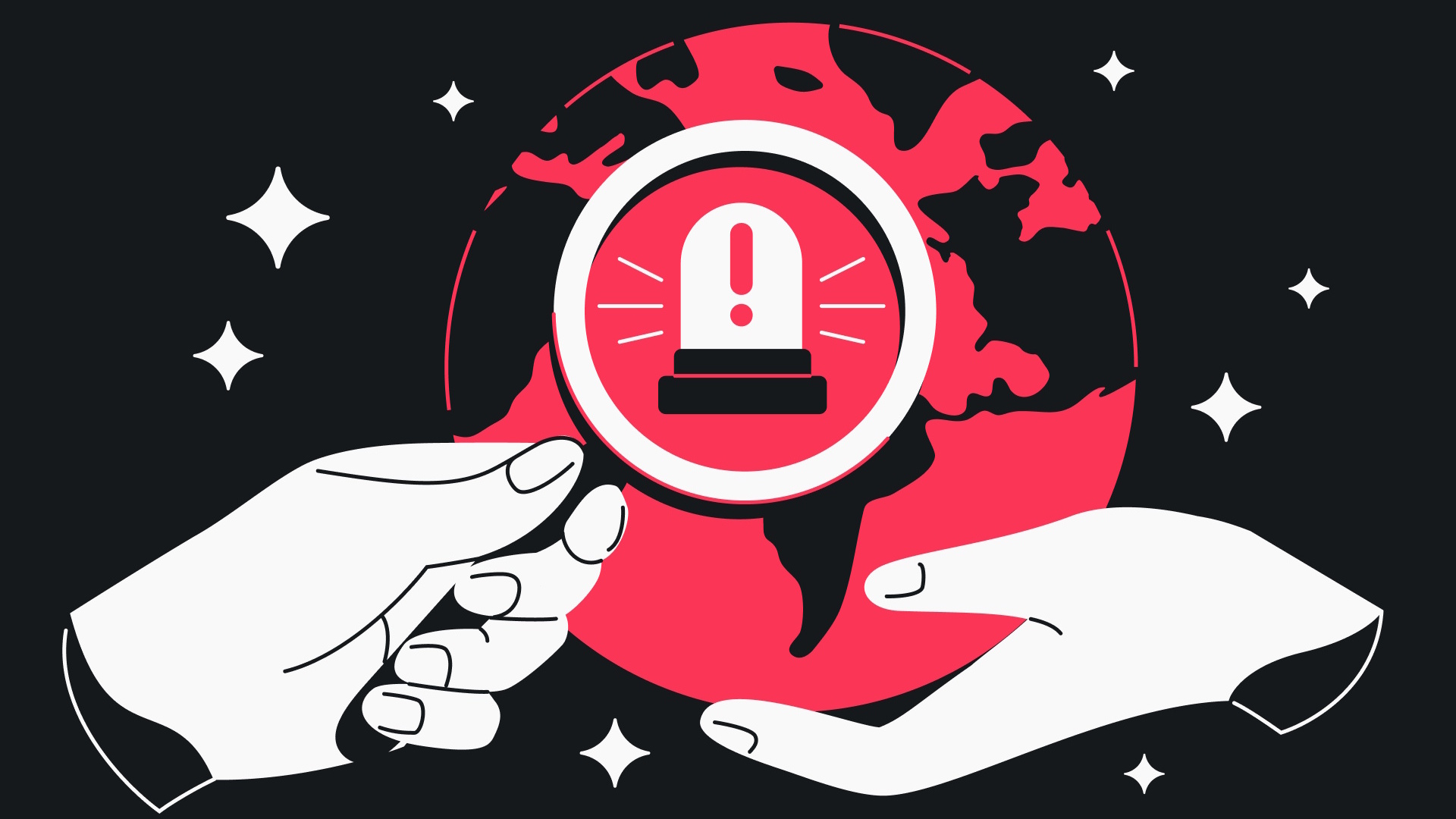Uber Now Tracks You After Your Ride: Here's How to Stop That
Uber's 24/7 location-tracking feature has gone live, despite privacy concerns. Here's how to stop Uber from tracking you wherever you go.
Updated with comment from Uber, 3:38 PM ET, 12/1/16:
Uber is now tracking your location even after you leave the car. A location-tracking feature that the ride-sharing company proposed last year has gone live, despite fierce opposition from privacy advocates.
The good news is that you can turn it off; the bad news is that the process is trickier than it should be.

The Naked Security blog from Sophos, a British security firm, has all the details. Version 3.222.4 of the Uber app for Android and iOS adds the new location-tracking feature.
In previous versions, Uber kept track of your location only when you had the app open — a sensible enough feature, given that it helped dispatch cars right to you. The new version, however, keeps tracking after you get out of the car, through your phone's location settings.
MORE: 25 Things You Didn't Know Could Be Hacked
Although you can turn off location tracking, as Uber promised, the company played a cruel trick by forcing users to leave the app and grapple with the sometimes-unintuitive Android and OS settings menus. Even worse: For Android 5.1 Lollipop and earlier, there is no way to turn off location-sharing just for Uber; you have to leave it active or disable it for every app.
Android Marshmallow and Nougat users can disable Uber’s location-tracking by accessing Settings --> Apps --> Uber --> Permissions and toggling the Location option.
Get instant access to breaking news, the hottest reviews, great deals and helpful tips.
iOS users can turn off the feature by going to Settings --> Privacy --> Location Services --> Uber and selecting Never.
Android Lollipop and earlier users will have to decide whether they want to keep location services on or off as a whole. They can do so under Settings and Location, then toggling the button. (Uber drivers can still find you as long as you provide a street address.)
Uber claims that this is a pro-consumer move, to ensure that users get dropped off on the right side of the street and/or find rides faster. However, it’s not hard to see why letting a commercial app track every single move you make might not be such a great idea. If nothing else, if the data ever falls into a malefactor’s hands, you could have to deal with much worse problems than an app constantly pestering you about whether you want to be picked up from your office, or your favorite bar.
While letting Uber track your location could constantly could theoretically cut down some confusion about which corner you’re standing on, the Tom’s Guide staff does not recommend keeping the feature activated. Even if Uber never uses it for invasive purposes (unlikely), a single data breach could put your information in the hands of some very unsavory people.
Organizations like the Electronic Privacy Information Center (EPIC) agree; it filed a claim with the FTC in June to criticize Uber's proposal. (One particularly amusing excerpt: 'To describe Uber as a 'sharing service' is akin to describing a hybrid dinosaur as a 'theme park attraction.'")
For now, take a few minutes to disable the service, then hope that Uber makes doing so a little easier in a future update.
UPDATE: Uber got in touch with Tom's Guide to provide the following statement:
"We’re always thinking about ways we can improve the rider experience from sharpening our ETA estimates to identifying the best pick up location on any given street. Location is at the heart of the Uber experience, and we’re asking riders to provide us with more information to achieve these goals."
A representative also claimed that the app does not track users except while acquiring a ride, traveling, and for up to five minutes after disembarking. Verifying this independently would require access to the app's source code, however.
The company also explained that it eliminated the "While Using the App" option to track locations in the iOS app, leaving only "Always" and "Never" due to how iOS parses device-level permissions. Even "Always" will end tracking a few minutes after a trip's completion, a spokesperson said.

Marshall Honorof was a senior editor for Tom's Guide, overseeing the site's coverage of gaming hardware and software. He comes from a science writing background, having studied paleomammalogy, biological anthropology, and the history of science and technology. After hours, you can find him practicing taekwondo or doing deep dives on classic sci-fi.
-
_User1 Thanks! I did that for Lyft too. Man the setting on Lyft had EVERYTHING approved!Reply
Please do an article on revoking permissions to all the apps! Provide just what is needed to the user, not the company.
